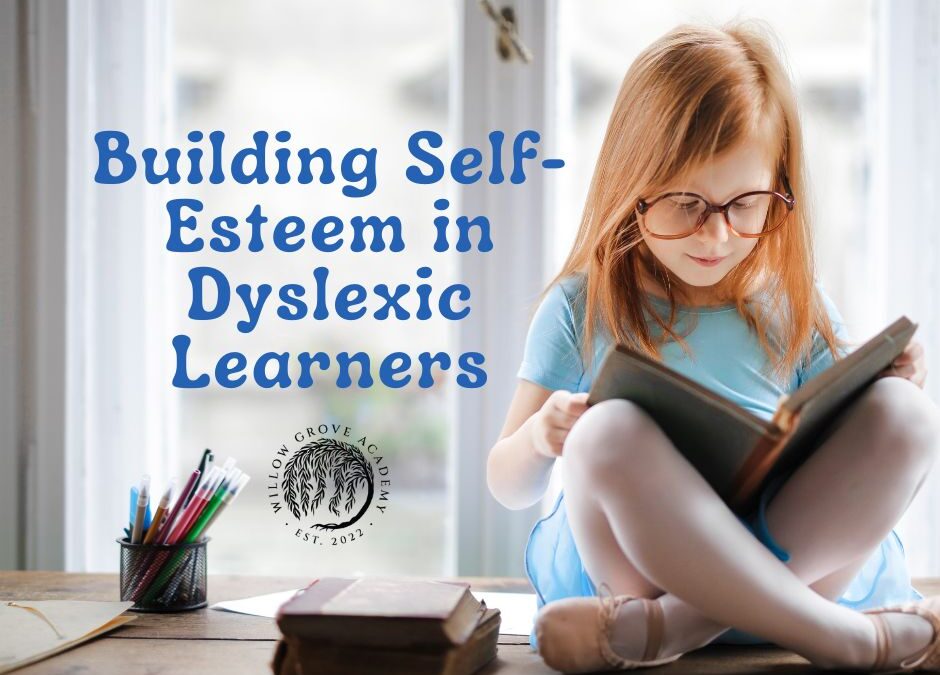Often when a student has dyslexia, the result of having a hard time learning to read can profoundly affect his self-esteem and motivation with academic work.
Sometimes, school is hard for these children as well. Adding dyslexia to the equation just compounds this difficulty. Be mindful of his struggles
When doing reading instruction, the natural inclination is to push your child to work hard, as fast as possible, to “catch up” on reading skills. Understand that reading intervention is a slow process. It is not usually feasible to catch up in just a few months.
Do not be discouraged but rather encourage your child as he makes progress. Every little milestone he makes in improving his reading skills is the result of a lot of hard work on his part, be sure to celebrate all of the milestones!
Offering him books that are above his reading level and asking him to read them is not a good idea. Keep his books that he is reading to improve his reading skills at his level.
Offer audio books or read to him books that he is reading for information or pleasure. This allows his mind to relax and take the information in rather than wasting his energy on decoding words.
When he is struggling to decode, he is not retaining what he is reading, he is simply using all of his learning energy to make sense of the words on the page.
As homeschoolers, we have the flexibility to allow our students to lead some of their own learning. Allow your child to choose a subject or subjects that he is interested in and make it a part of his school day.
Offer him the reading accommodations he needs, but give him the opportunity to explore his interests.
It is important that he realize that his dyslexia does not define him.
Usually a student with dyslexia shows creativity, artistic talent, is able to think “big picture”, or may have strong problem solving skills. These strengths result naturally from a learner exploring subjects that he is good at.
You may find that he is a gifted athlete. Give him the opportunity to excel at that as well. Vital to his self-esteem is being good at something. Help him explore what that is.
History shows that many, many dyslexic people have gone on to do great things in spite of their reading difficulties.
Most of them will say that they naturally gravitated towards academic subjects or careers that were not impacted by a reading disability.
This will probably be the case with your student too. The beauty of this is that you have the ability to keep his spirits up and guide him towards exploring his interests so he doesn’t have to figure it out on his own!

